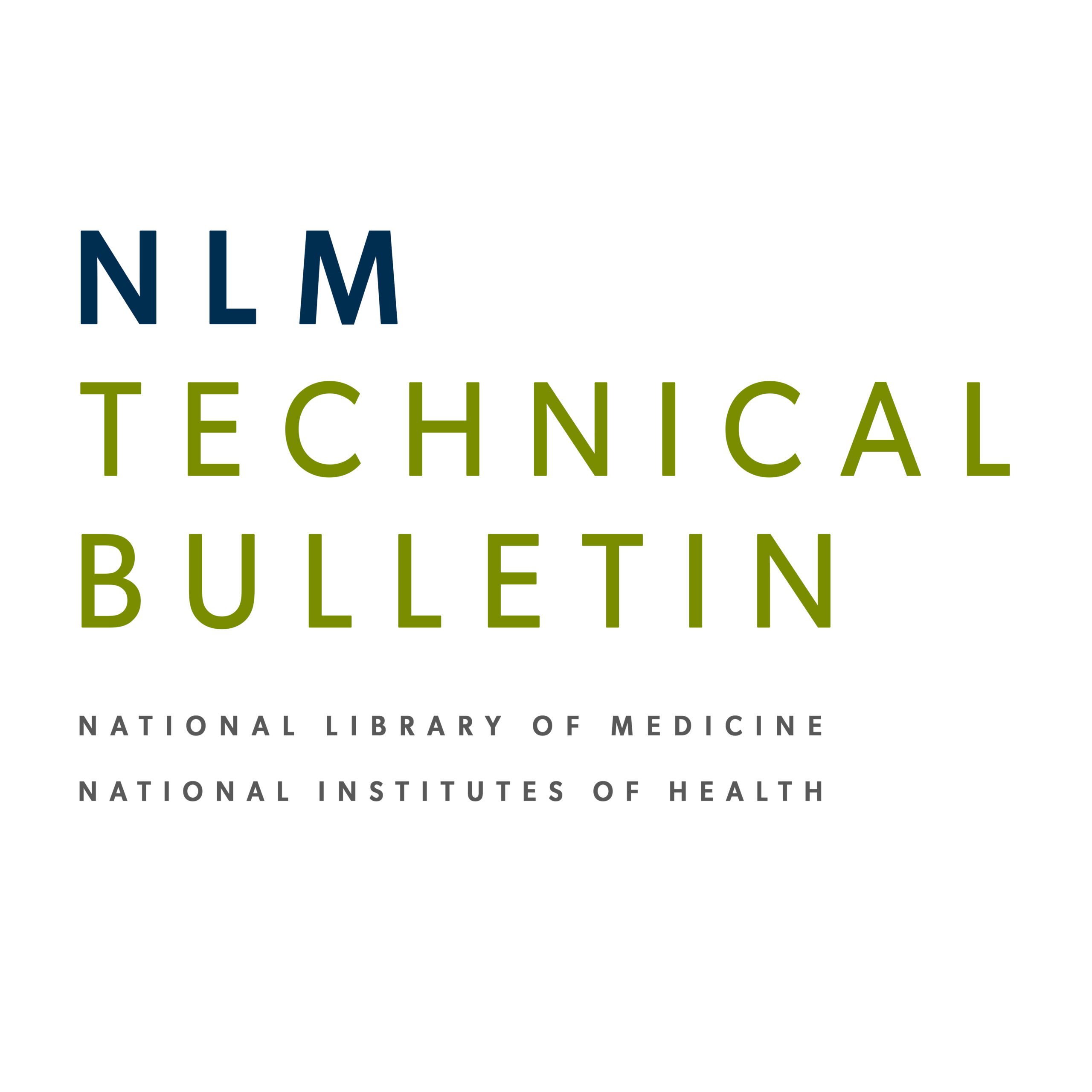
Plasma membrane integrity is essential for the proper functioning of nearly all cell types. While it is known that mechanical forces can lead to membrane damage, the molecular mechanisms that help preserve membrane integrity under such strain remain not fully understood. In a recent study, researchers have made significant progress in identifying large molecules that play a critical role in protecting the cell membrane from mechanical damage.
The research team employed a high-throughput screening method using a 384-well assay format to systematically investigate how various molecules affect membrane stability under conditions of mechanical stress. Their study aimed to identify components that either reinforce the membrane structurally or signal damage repair pathways when stress is applied.
Results from the screening revealed a number of large molecules that significantly contribute to the maintenance of membrane integrity. These molecules appear to act through different mechanisms, some providing structural reinforcement, while others may engage biochemical pathways that rapidly respond to membrane breaches.
Understanding these molecular mechanisms is crucial for the development of new therapeutic strategies, particularly in medical conditions where cells are frequently subjected to mechanical strain, such as cardiovascular diseases, muscular dystrophies, and certain neurodegenerative disorders.
This study represents a substantial step forward in cell biology by not only highlighting the importance of mechanical forces in cellular health but also offering a pathway for future research into protective and reparative cellular functions related to membrane integrity.
Source: https:// – Courtesy of the original publisher.








